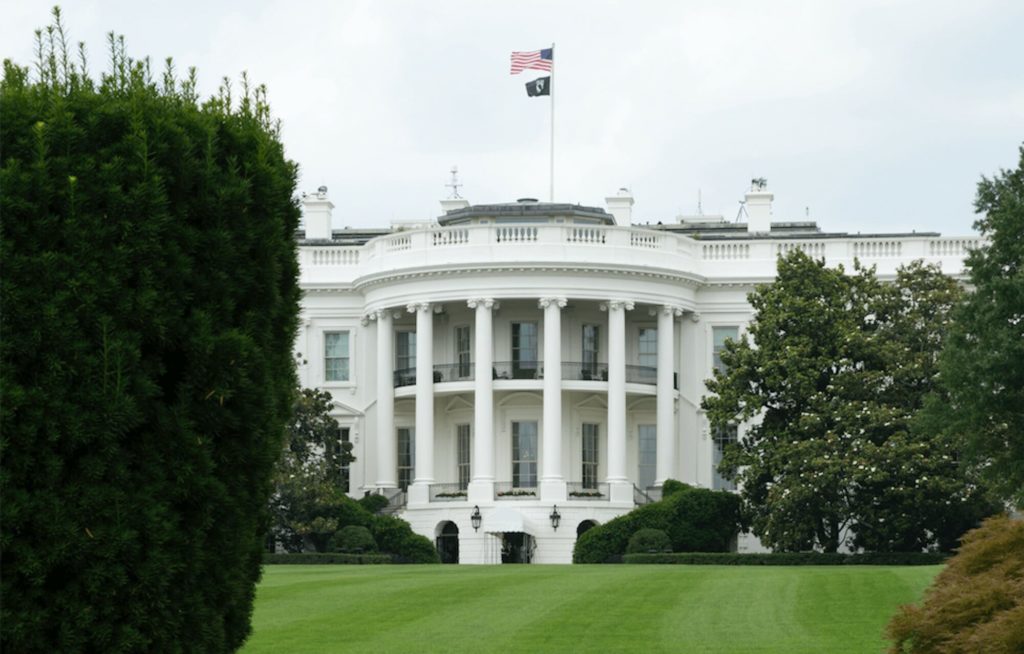
Hospice providers will be able to continue using HIPAA non-compliant communication platforms for three months after the COVID-19 public health emergency sunsets next month, according to the National Association of Home Care & Hospice.
Katie Wehri, NAHC’s director of home care and hospice regulatory affairs, told members Tuesday during a webinar that the Centers for Medicare & Medicaid Services confirmed the same day that it will allow the use of noncompliant audio and video technology until Aug. 9 — three months after the PHE ends on May 11.
“Keep in mind this is a transition period and not an extension of the flexibilities,” Wehri warned members. “You are expected to be obtaining business associate agreements for any of the platforms that you are using.”
During the COVID-19 pandemic, hospice providers could provide routine home care services to Medicare patients through remote patient monitoring, telephone calls and two-way audio-video technology. While those services expire at the end of the PHE in May, hospice providers can still use telehealth to recertify patients until the end of 2024, thanks to congressional action, according to CMS. Wehri said they will also be able to continue to use telehealth to enhance and support regular in-home visits to patients.
Wehri made the comments during a webinar detailing CMS’ proposed hospice payment rule for 2024. CMS announced the proposed payment update last week, which includes a 2.8% payment increase for next year. The payment update is a result of the 3% market basket percentage increase reduced by a 0.2 percentage point productivity adjustment. CMS gave hospices a 3.8% pay bump in FY 2023.
The proposed rule also includes safeguards to prevent bad hospice actors from engaging in Medicare fraud. One new rule requires physicians who order or certify hospice services to be enrolled in Medicare or validly opt out as a prerequisite for payment of services.
“The process really is a gatekeeper for CMS that would help them to prevent unqualified or potentially fraudulent individuals from billing Medicare,” Wehri said.



